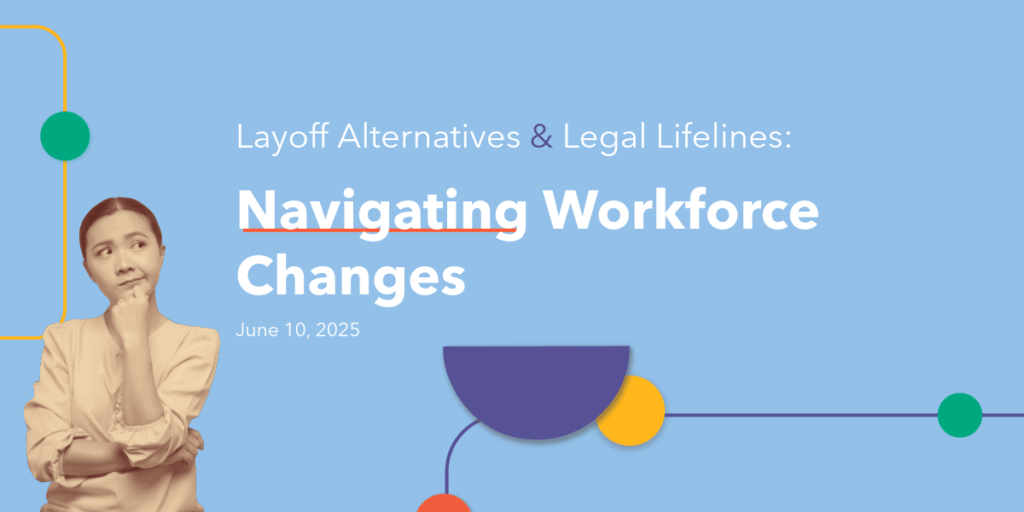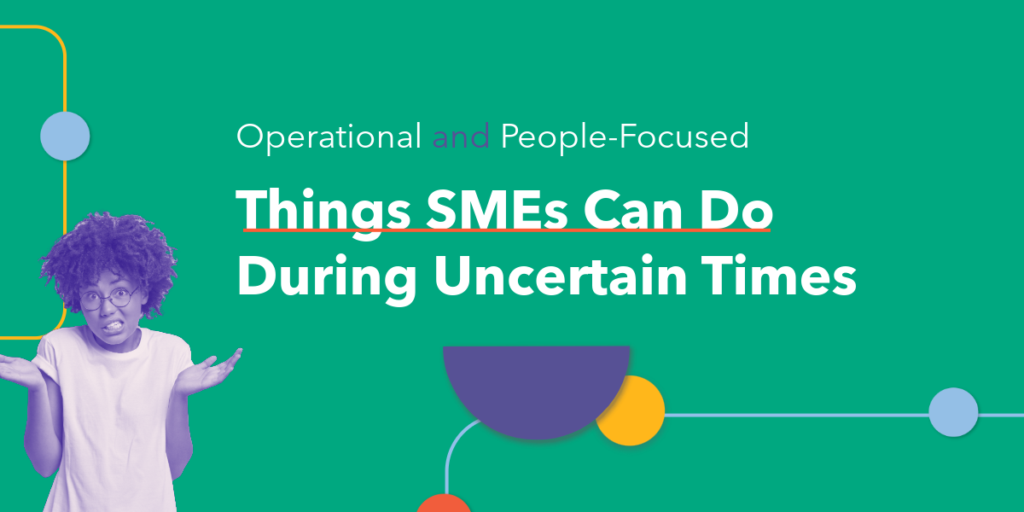Imagine this…
You begin a conversation with someone who has a differing opinion on an issue. Both of you know YOU are right! You begin to get defensive when your opinion is not being heard and your colleague begins to act the same way. The conversation is circular, with each of you waiting for the other to “give in”. The conversation becomes disrespectful and neither one of you are able to listen to the other has to say.
So, how can frustrating workplace conversations like this be improved to becoming conversations built on respect?
It starts with the brain
In Daniel Goleman’s Primal Leadership he writes, “the emotional brain responds to an event more quickly than the thinking brain”. The emotional brain is what keeps us safe as a species, determining threats to our survival. It is always on, not only detecting physical threats, but threats to our emotional and social well-being. When we don’t feel safe, we enter flight or fight and we become unable to think, be productive or listen to others.
The “Respect Effect”
As pointed out in a recent BSG blog, conflict is the norm in workplaces – even beyond a family business. Most workplaces are either focused on reacting to conflict as it happens or prevention programs that focus on what staff don’t want (an example of what people don’t want is harassment, so harassment-prevention programs are held rather than focusing on the positive behaviours). What if instead, we worked proactively on what is wanted, harnessing a culture of respect? What would it look like?
*Adapted from Industry Canada’s Respectful Workplace Framework.
Beginning the conversation
When it comes to respect in the workplace (and life) common sense is not always common. Multi-generational workplaces, remote workers, #MeToo movement, diversity of thought added to the pressures of the workplace makes being respectful sometimes easier said than done. The more we work on keeping conversations and interactions respectful, the less likely we will need help with team issues, giving the entire team time to focus on innovating and creating.
Moving towards a more respectful workplace begins with a simple conversation and the commitment to continue those conversations. Ask your team:
- What does working respectfully and proactively as a team look like?
- Where are we currently?
- How do we get to where we want to be?
- Once we’re there, how do we maintain it?
A positive conversation instead
Now imagine a better way…
You begin a conversation with someone who has a differing opinion on an issue. Both of you respect that you are coming from different points of view and listen to each other as you share your thoughts. Neither one of you completely agrees with the other. You work to find a middle ground that takes into account several factors, even ones you had not thought of before. The conversation is respectful and productive.
Want to foster respectful conversations in your workplace?
See our information sheet on Respect in the Workplace workshops.
We’re always happy to chat too; contact us at 613-656-3499 or info@businesssherpagroup.com to talk to our Strategy and Governance Leaders and learn more about fostering more respect in the workplace.
How does BSG work on creating respectful conversations? On May 16th our All Team session focused on Respect in the Workplace (as well as compensation planning and hearing from Katherine Stewart-Jones) and the breakout sessions came up with some great ideas – here’s a picture of some of the Sherpas brainstorming!













